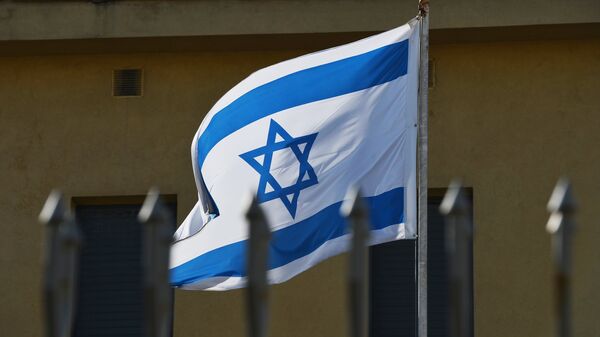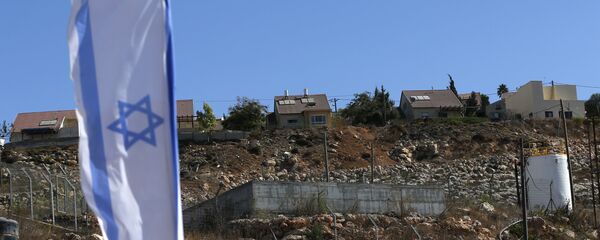Radio Sputnik discussed the issue with director of development and external relations at Israeli NGO Peace Now, Anat Ben Nun. According to her, since Israel condemned the UN resolution, the country’s authorities may answer with more settlements on Palestinian territories.
“This resolution does something for the Israeli public as the public does not want to be isolated from the international community and it doesn’t want to be isolated from countries in the Western world that it shares values with, like the European states and like the US,” Ben Nun said.
But she further said that the Israeli public surely sees this resolution as a failure of Israeli Prime Minister, Benjamin Netanyahu.
“Many among the Israeli public do not stand behind the policies of Netanyahu’s government especially lately with the recent promotions of laws legalizing construction of settlements on private Palestinian lands, trying to put in effect Israeli law which doesn’t apply beyond the green line to the West Bank. These are the steps with which majority of Israeli public would not agree with,” the director said.
Talking about Donald Trump and whether he could arrange for the resolution to be revised after coming into office on January 20, Ben Nun said, “No, there is no such possibility.”
“The resolution is already adopted and will remain so. I think it is very difficult to predict what President-elect Trump will do in general. In regard to the Palestinian-Israeli conflict he has been making contradictory statements and so trying to predict what he will do is very difficult,” she said.
On Friday, the UN Security Council passed a resolution in a 14-0 vote, with the only abstention from the United States, condemning Israeli settlements in the West Bank.
The resolution states that Israel should immediately and completely cease all settlement activities on "occupied Palestinian territory," including in East Jerusalem.
Over 500,000 Israeli settlers live in East Jerusalem and the West Bank, which Israel captured during the 1967 war. The settlements are considered illegal by the United Nations.



